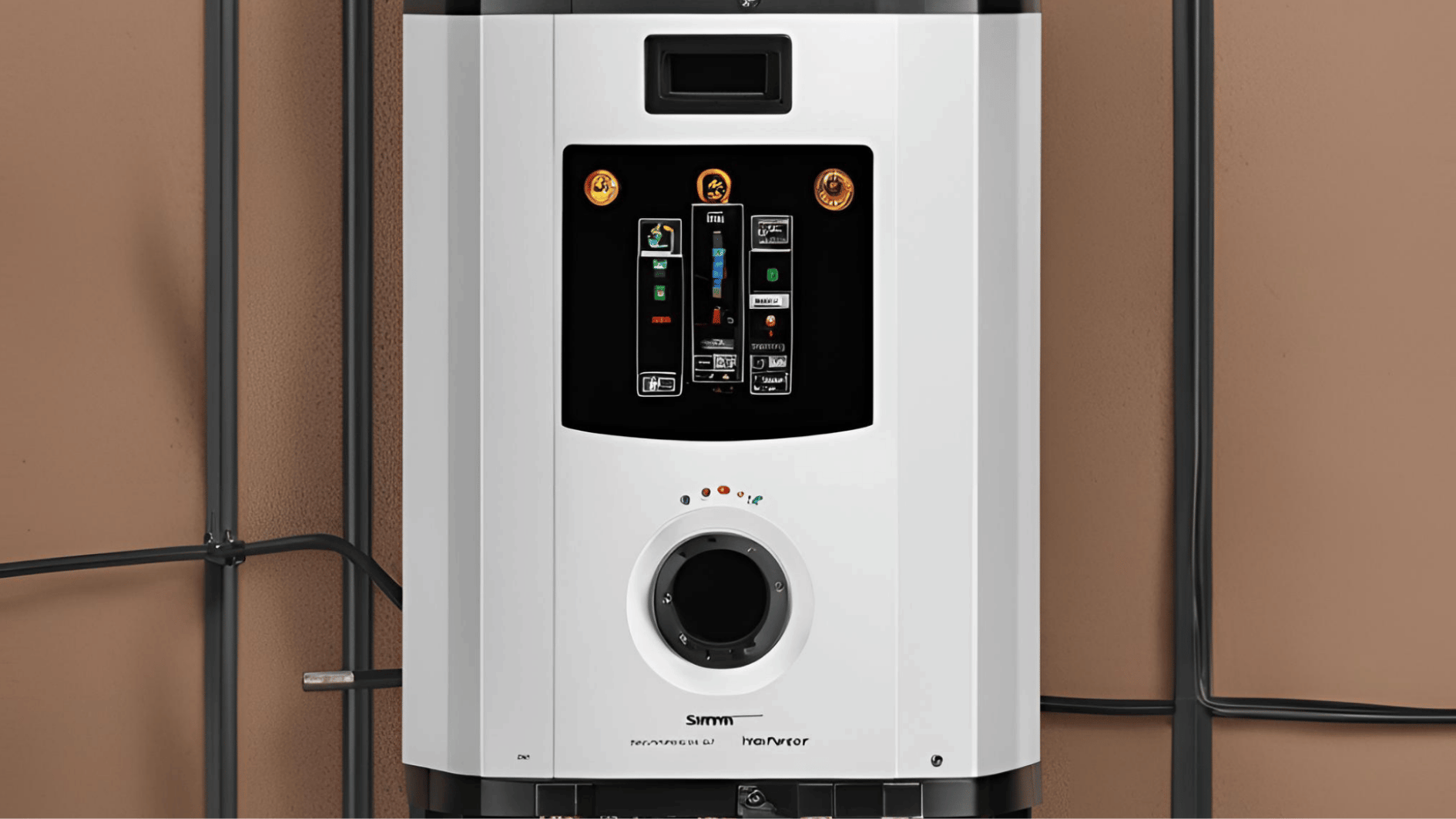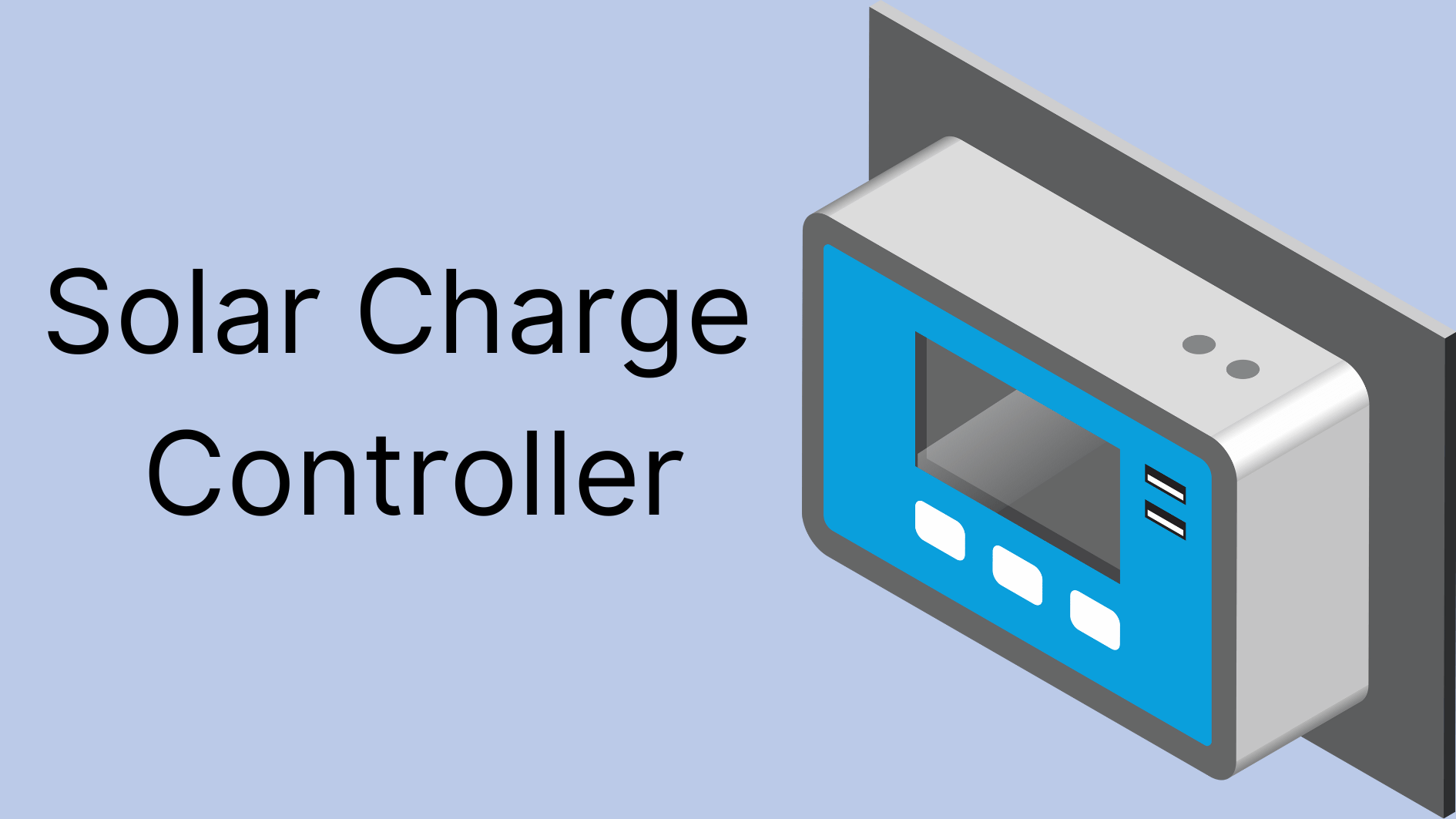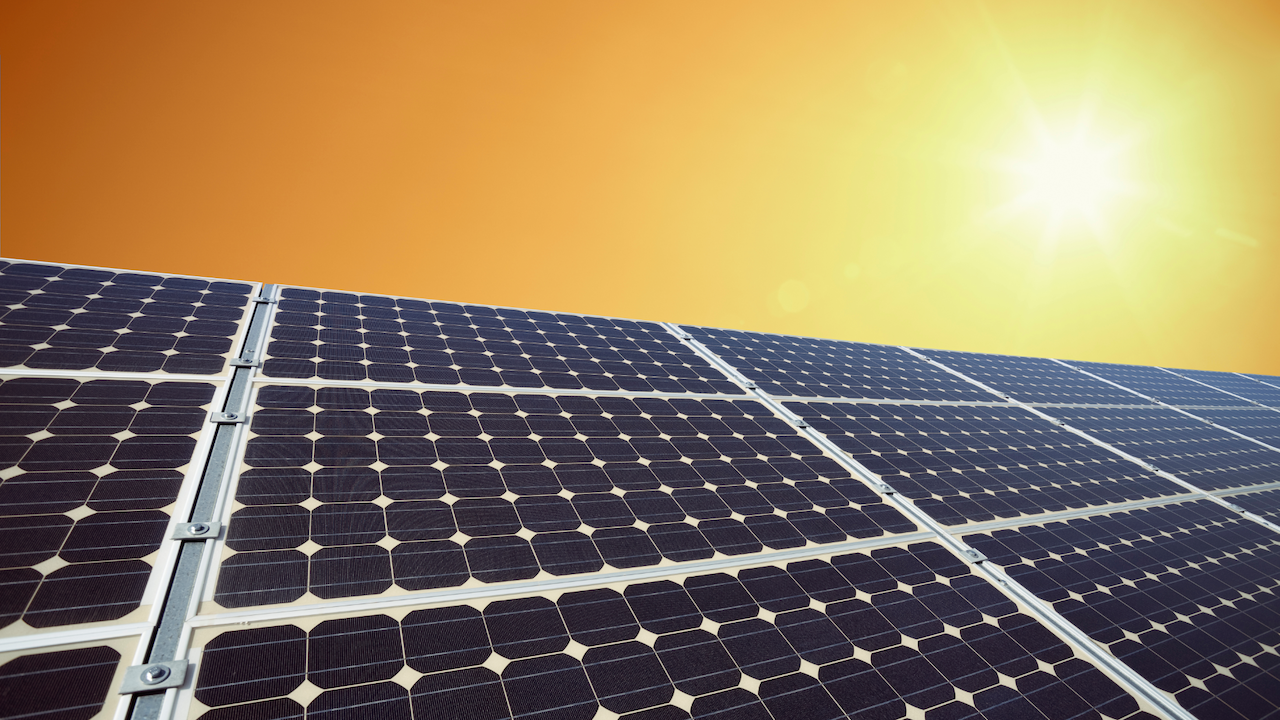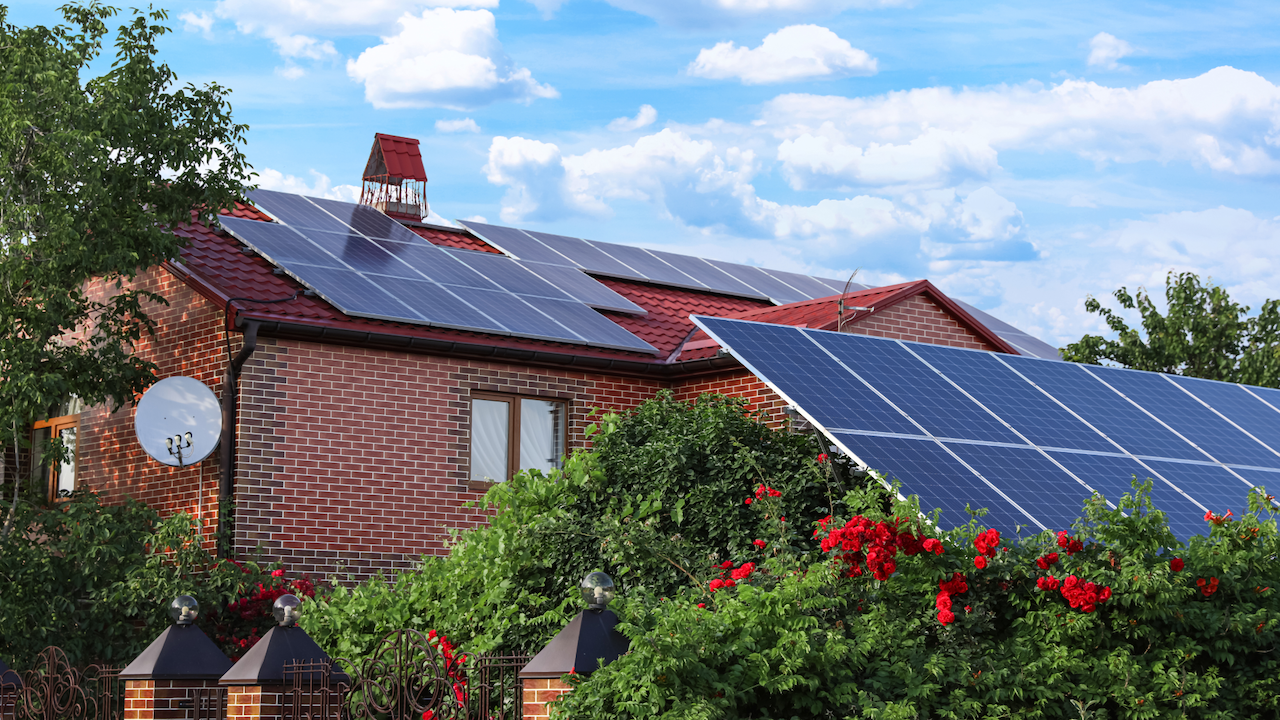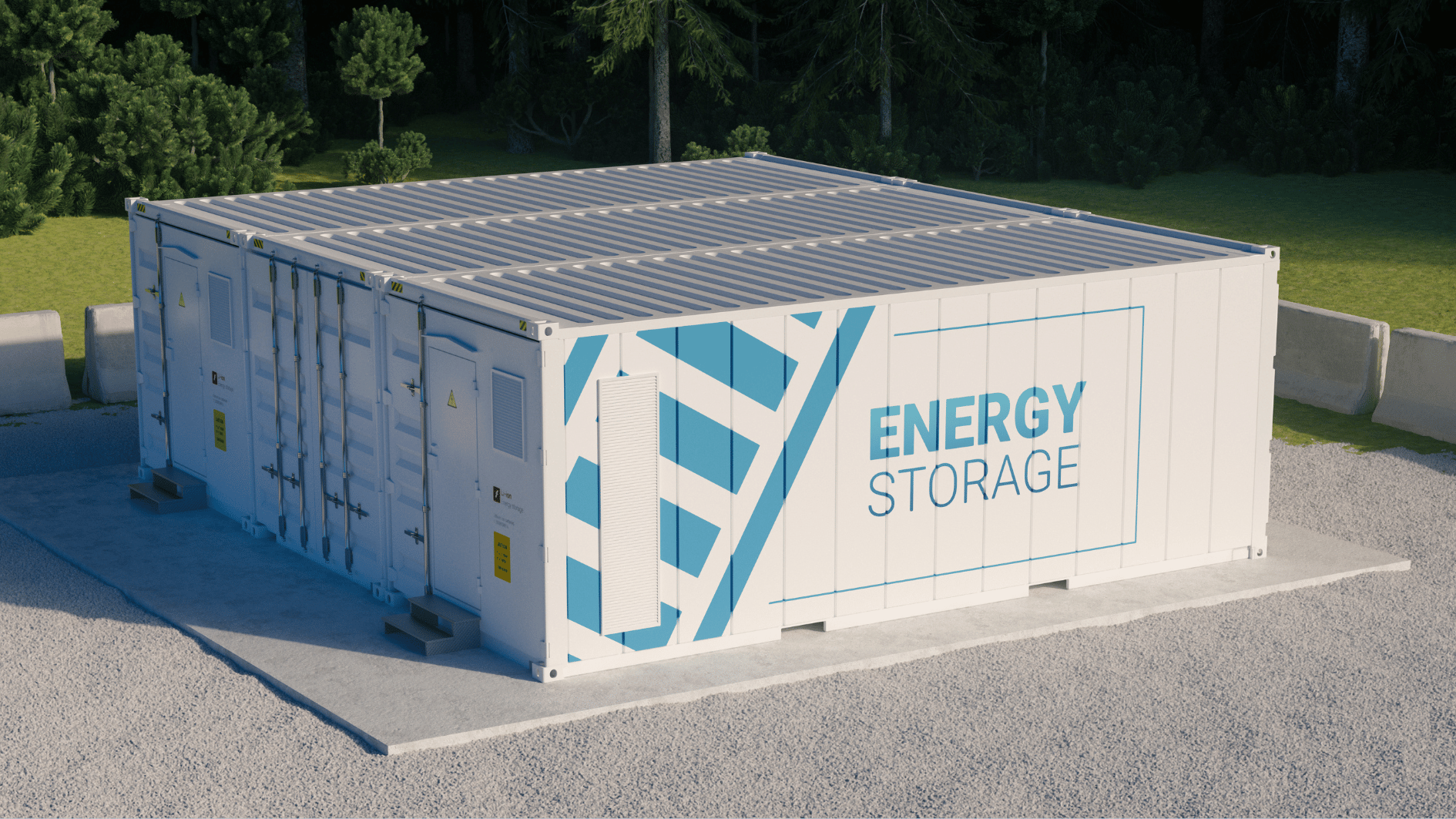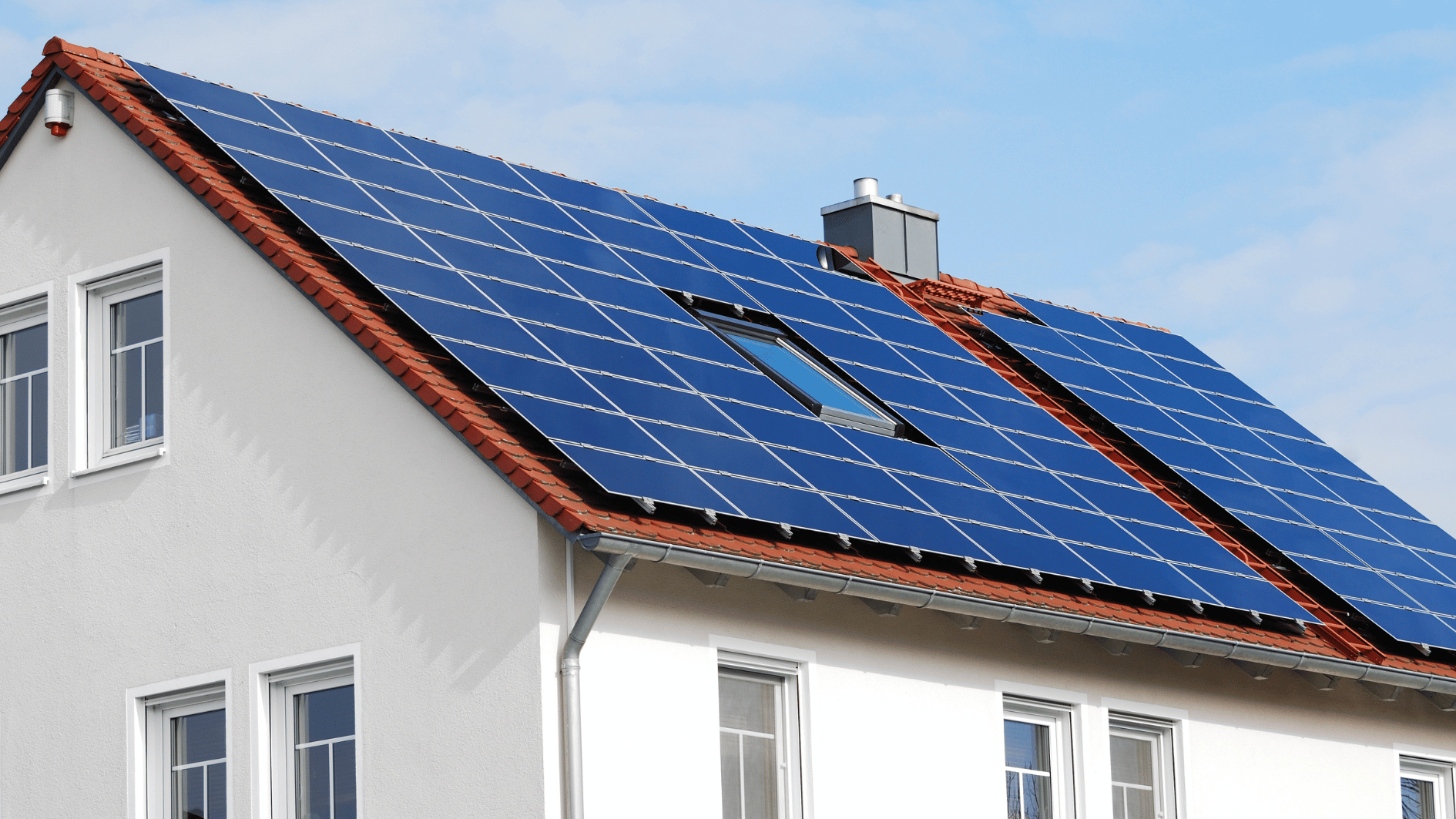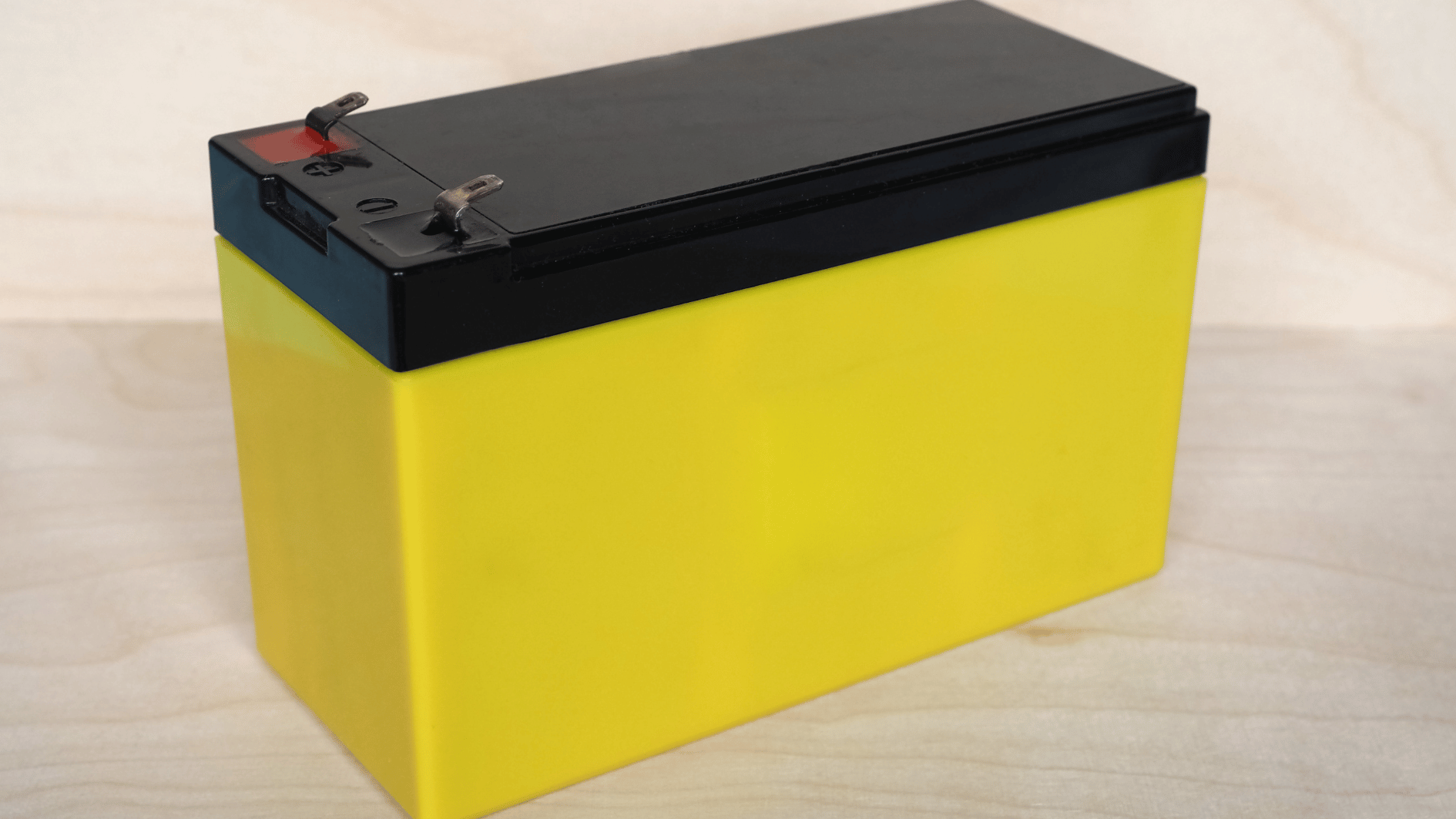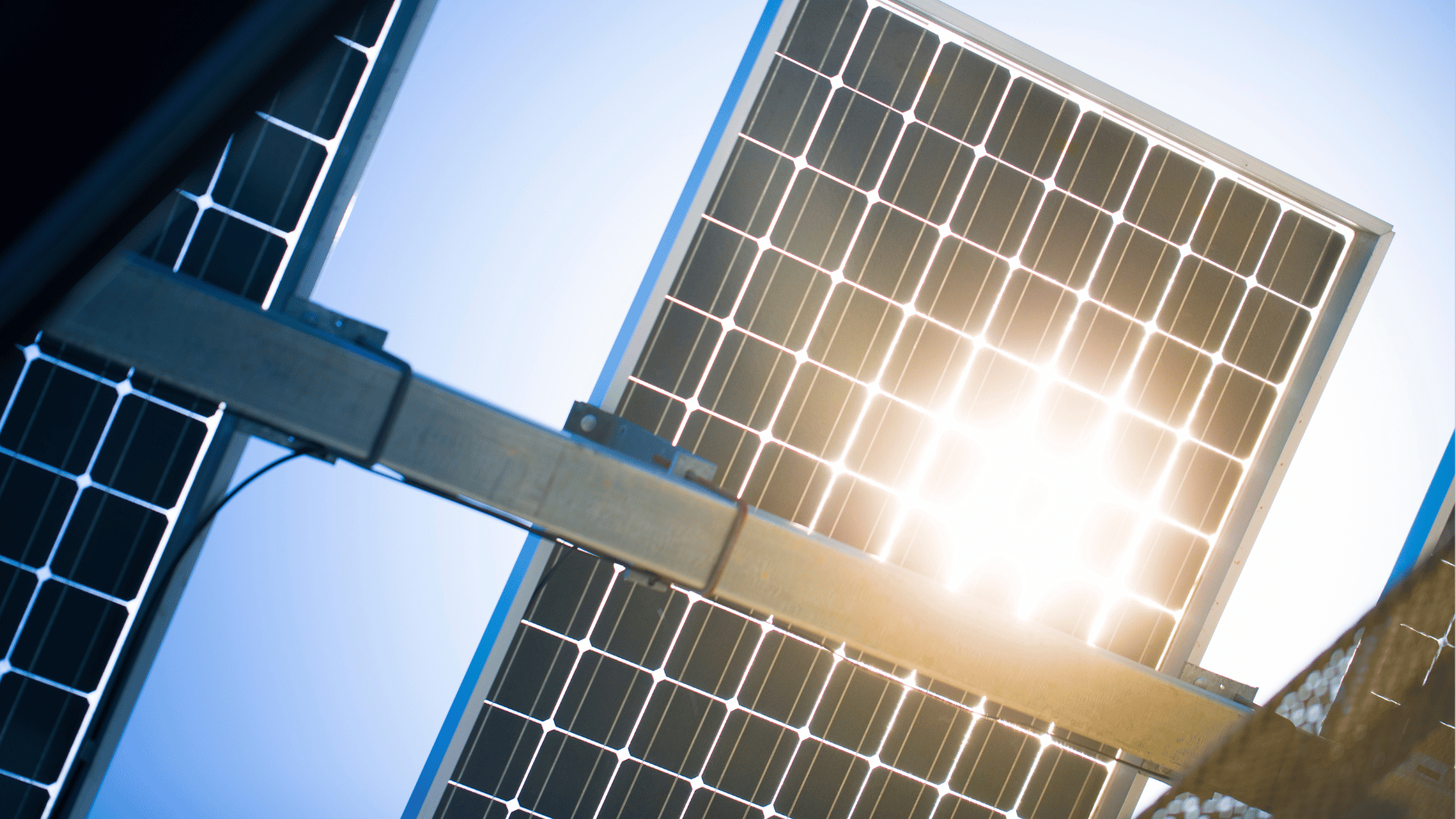Categories: Solutions
The Benefits of Smart Inverters: Improving Solar System Monitoring and Grid Interaction
Smart inverters represent a significant advancement over traditional inverters, making solar power systems not only more efficient but also better integrated with the grid.
Solar Charge Controllers: What They Are and Why They Matter
A solar charge controller is a vital component of any solar energy system, serving as the bridge between your solar panels and battery bank.
A Comprehensive Look at Solar Panel Options
Unsure about solar panels? Dive into this article for all you need to know!
Considering a Home Battery: What to Anticipate in Payback
With rooftop solar panels, you may generate surplus energy beyond your immediate needs. While net metering allows you to sell this excess energy to your utility, another option is to…
How Much Energy Can a Solar Panel Generate?
Most residential solar panels available today are rated to produce between 250 and 400 watts of power per hour.
Exploring Different Types of Solar Panel Mounts: A Comprehensive Guide
Your decision between roof-mounted or ground-mounted panels hinges on your energy requirements and personal preferences. Try out our solar calculator on SolarWiki today and discover how much you could save!
Islanding and Battery Backup: Essential Information You Need to Know
Islanding refers to the ability of a solar power system to continue operating independently from the grid during an outage, while battery backup systems store excess energy for use when…
Are 250-Watt Solar Panels the Right Choice for Your Solar System?
250-watt solar panels are a reliable and cost-effective option for many solar installations. They offer a good balance of affordability, flexibility, and performance, making them suitable for a wide range…
Is a Lead-Acid Battery the Right Choice for Your Solar Storage System?
Lead-acid batteries remain a viable and cost-effective option for solar energy storage, especially for those with budget constraints or moderate energy needs.
Bifacial Solar Panels: A Breakthrough in Efficiency and Innovation
Bifacial solar panels represent a significant advancement in solar technology, offering increased energy production, flexibility, and durability.
Need help choosing a solution for you?
Just create an application, and we’ll help with the selection.


